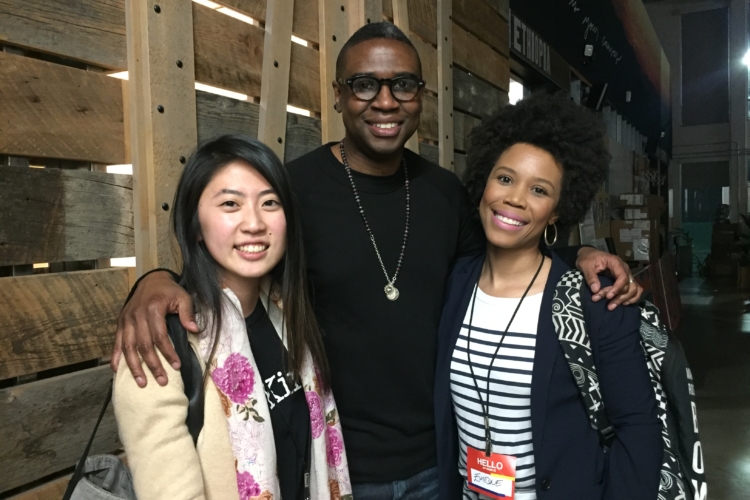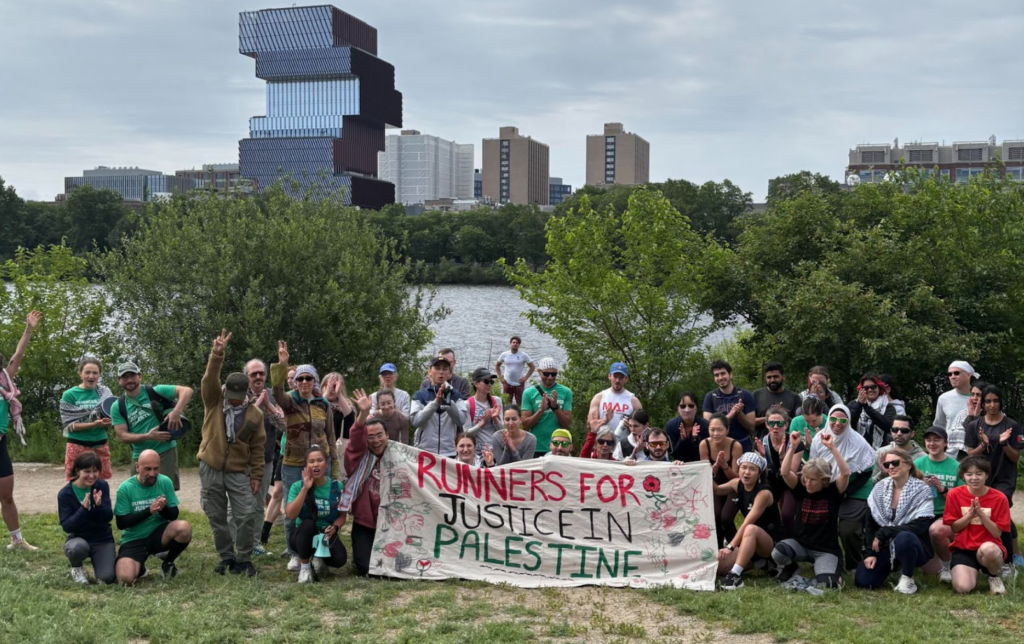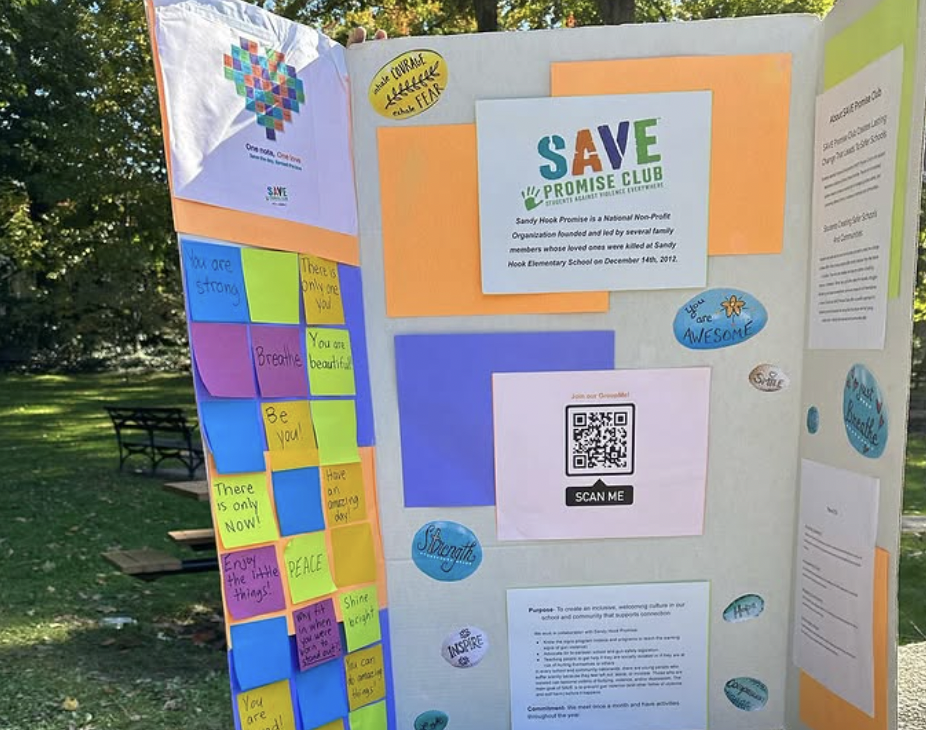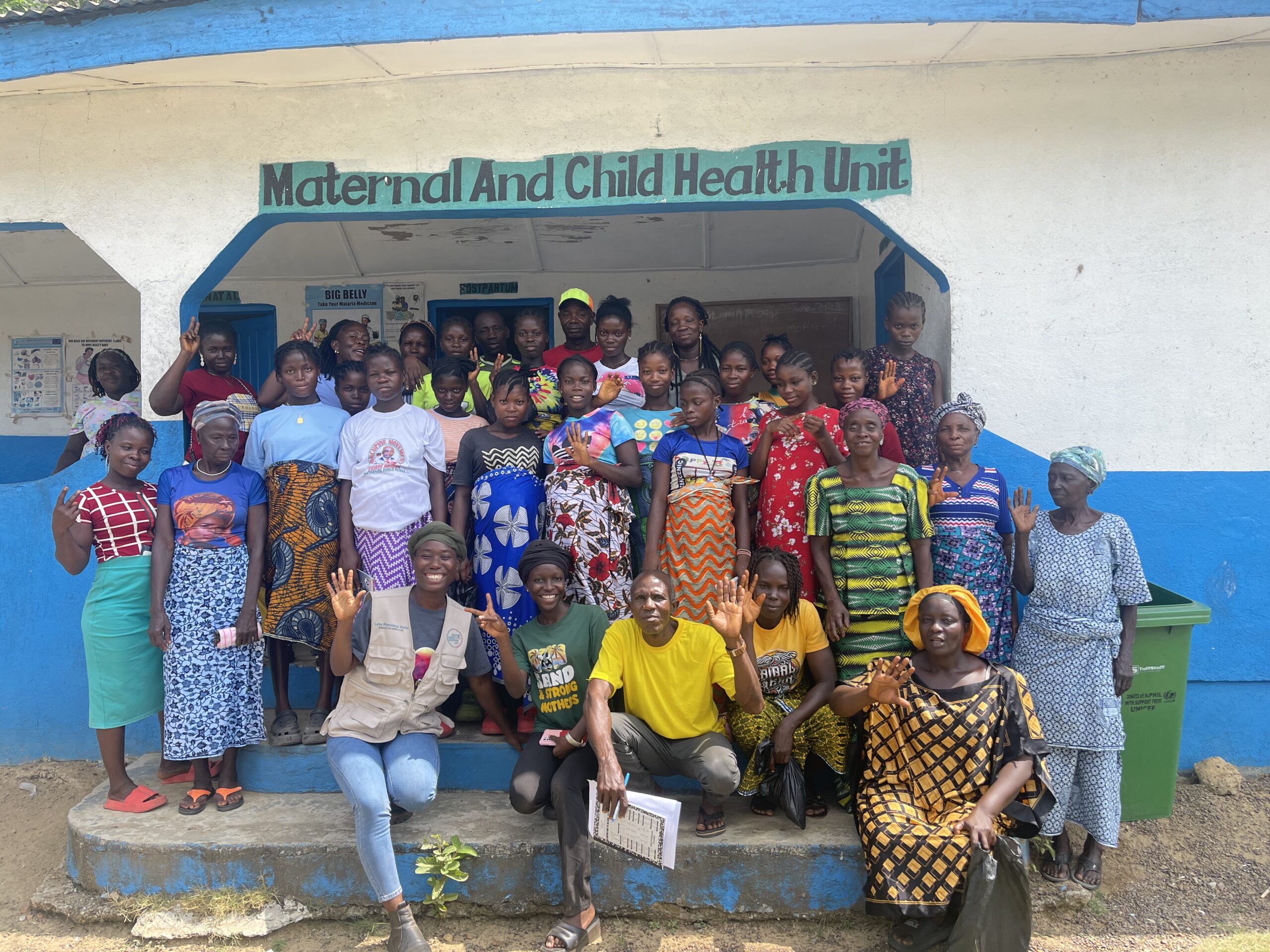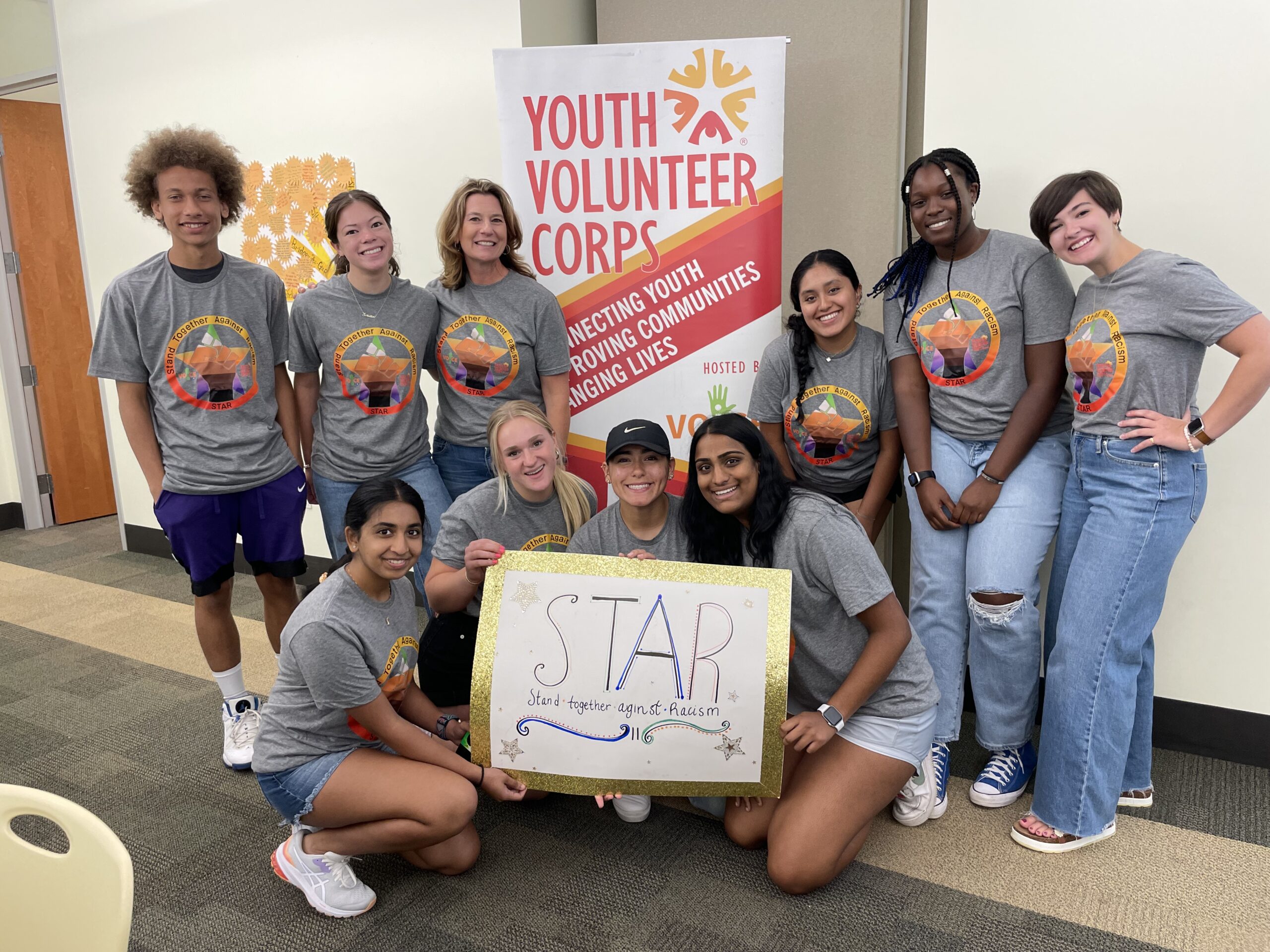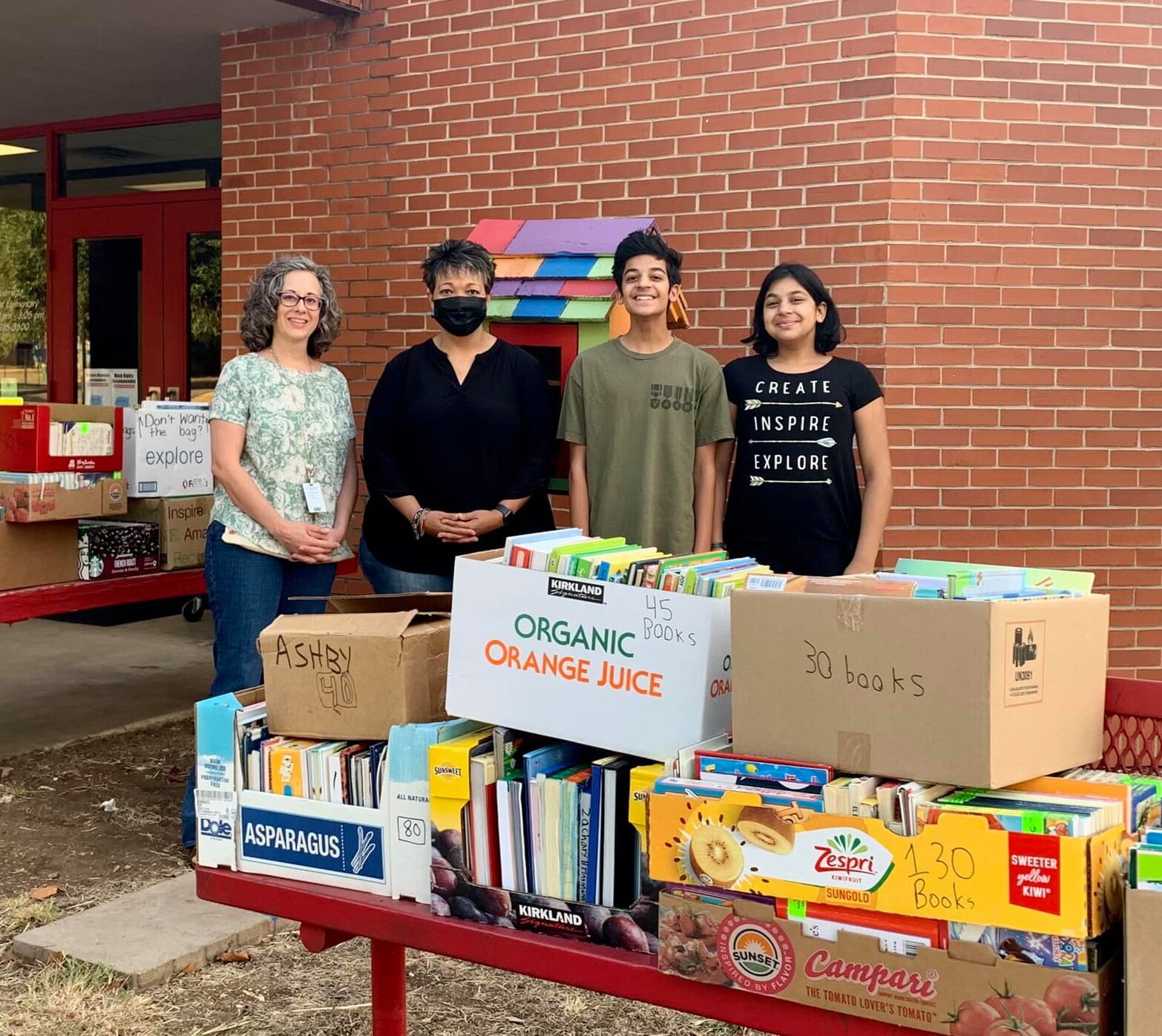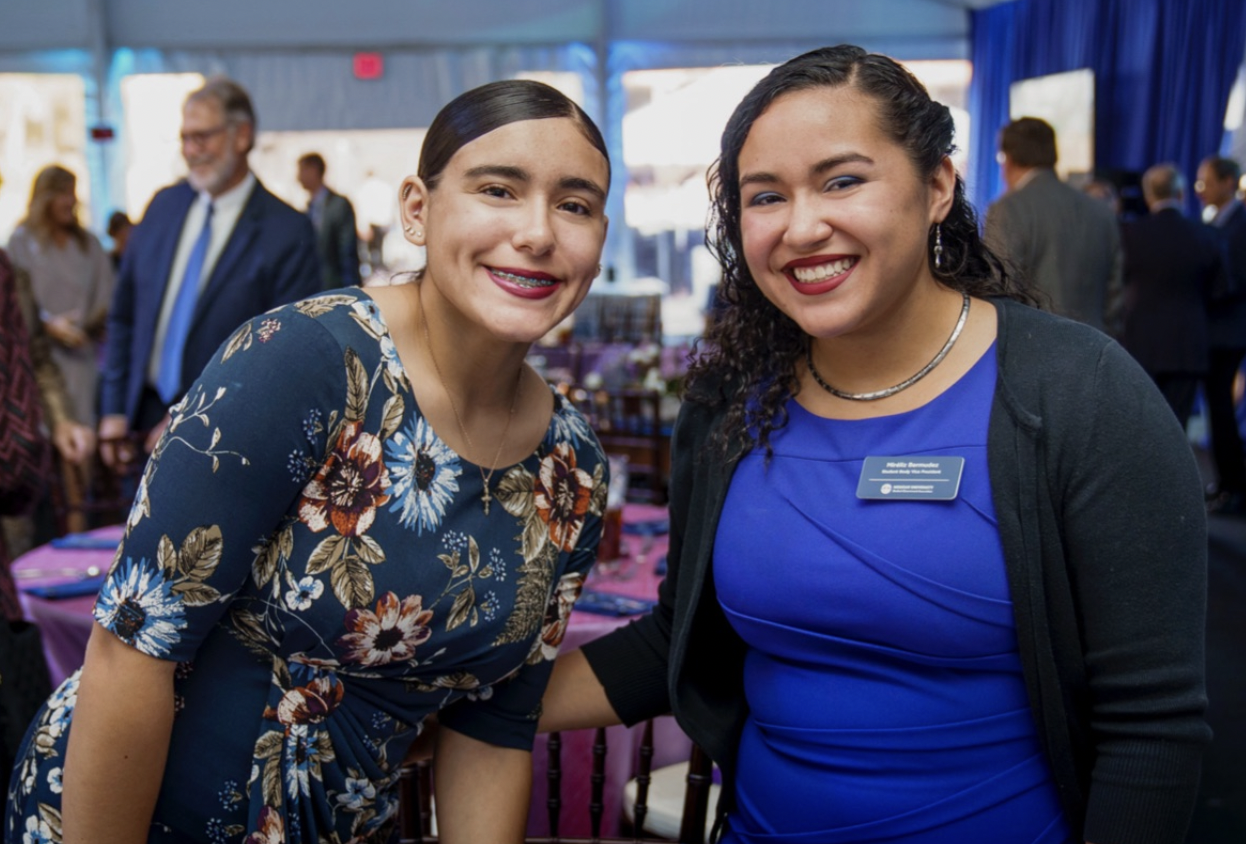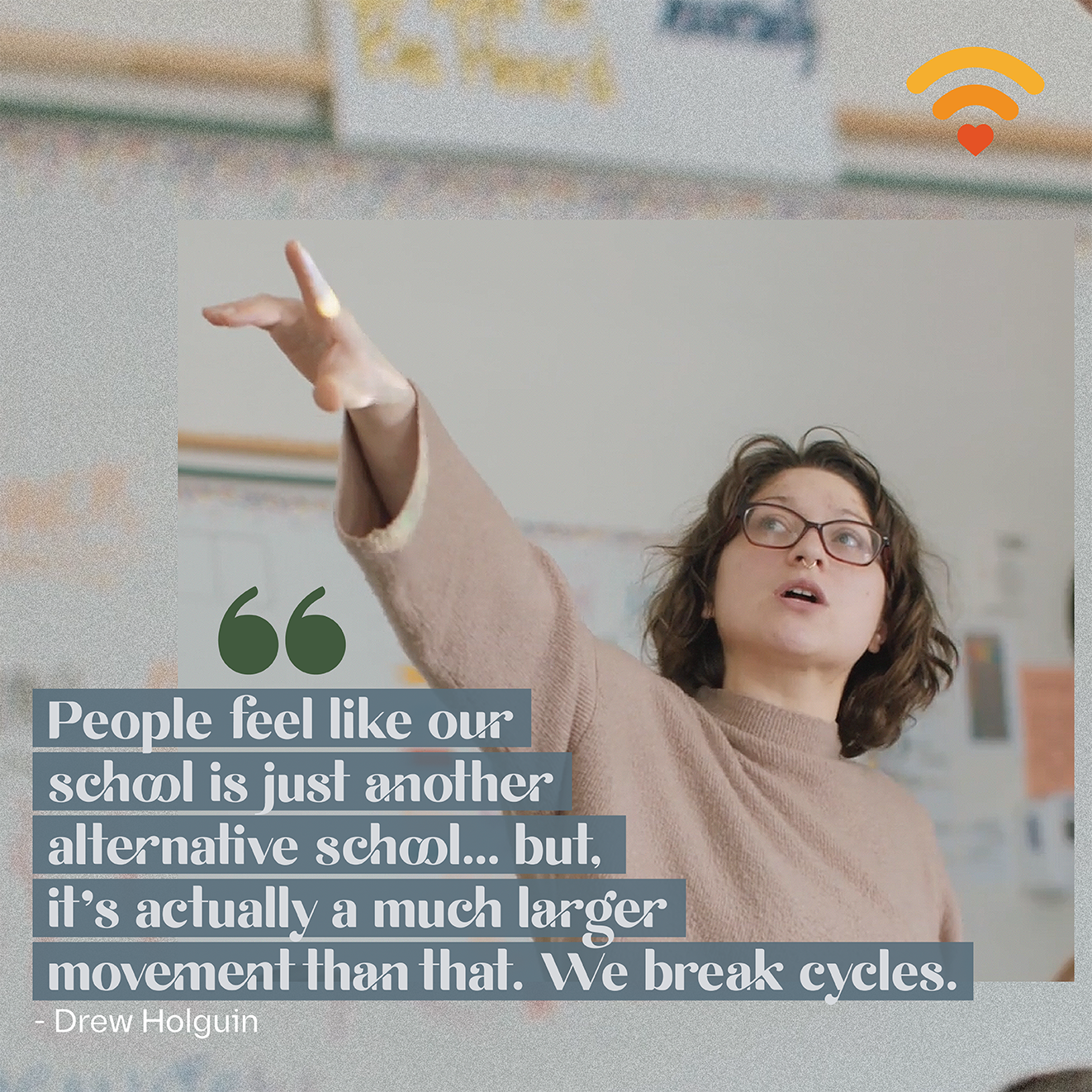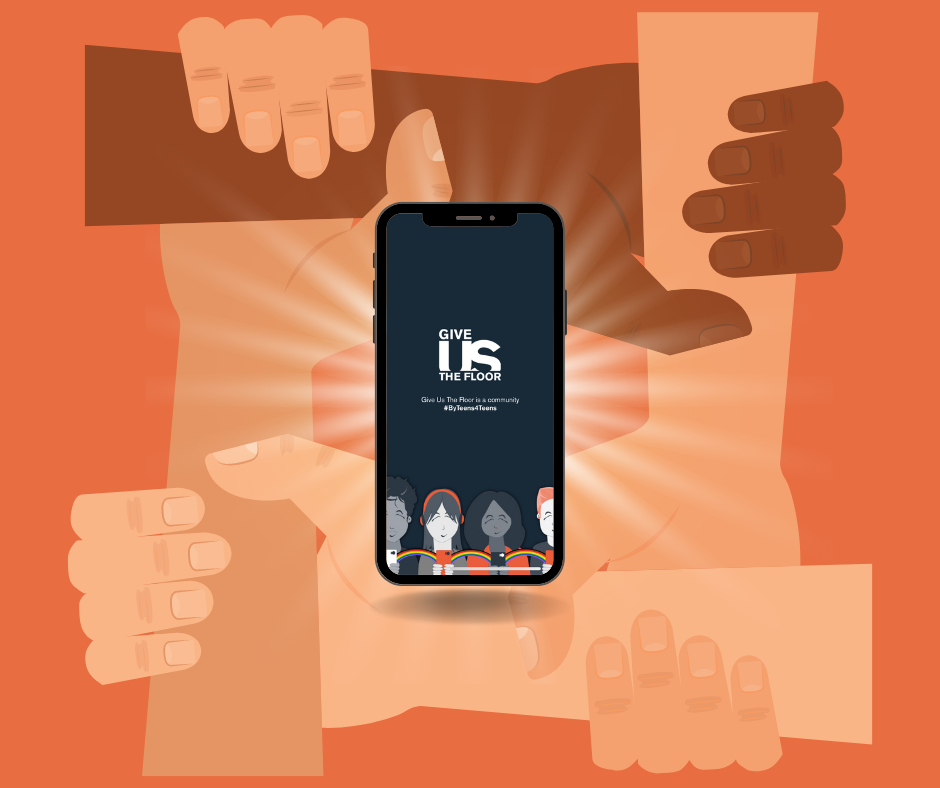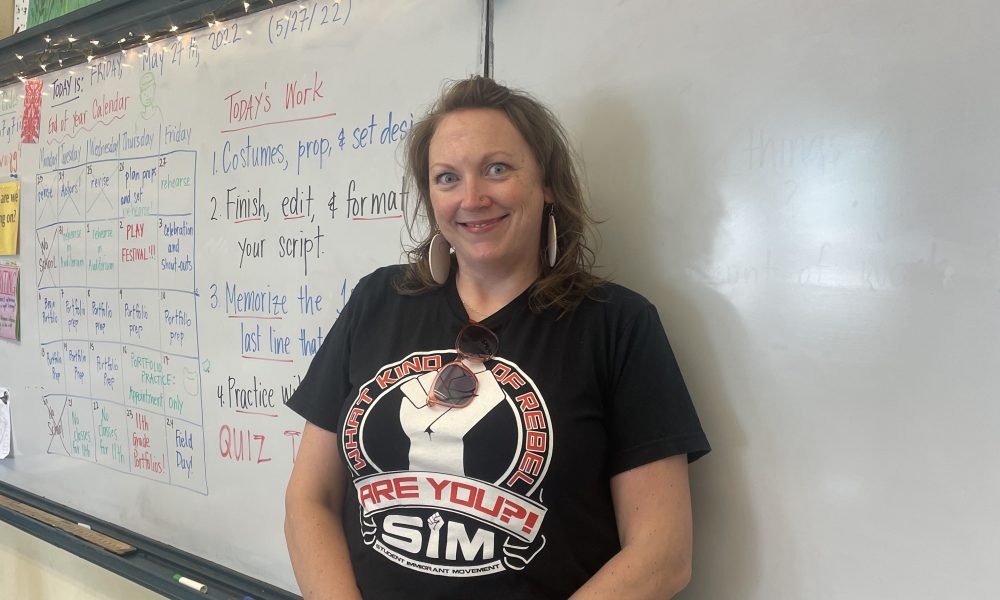Good is the New Cool (GITNC) is on a mission to change the business world. What started out as a book has proliferated into a global movement — podcasts, talks at the Soho House, a television series, and international conferences to connect like-minded changemakers from the nonprofit, business, and creative worlds to join forces and create more good in the world.
The brains behind this revolution are Afdhel Aziz, founder of the marketing company Conspiracy of Love, and Bobby Jones, the Chief Marketing Officer at nonprofit Peace First. Through their work, they highlight how companies can bring purpose and meaning to their brands.
“People are sick of advertising, of having their lives disrupted,” Aziz explains. “What we do is help brands and businesses find ways to do good, to help solve problems through marketing, in a way that is meaningful, and isn’t just PR fluff or smoke and mirrors.”
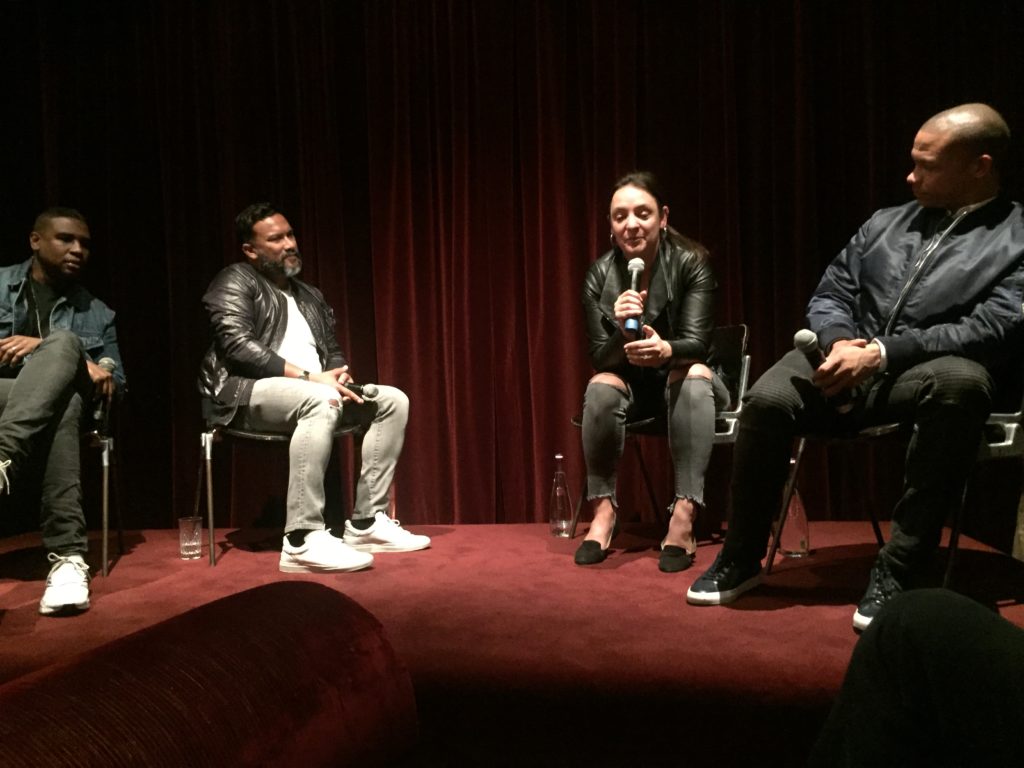
Aziz continues, “We talk a lot about digital and physical experiences, in intersection of useful and delightful.”
For instance, Nike has a mission to inspire and innovate for every athlete on the planet, so they think through how their brand could be the source of inspiration and motivation to help people live healthier lives. In 2006, Nike launched Nike+, an app for users to start running and stay motivated, which has proven to be a much more useful way to engage potential consumers than another ad.
Another example is CitiBike, a bike-sharing system CitiBank launched in New York that acts as additional public transportation to help alleviate the congested city streets.
“It’s a physical experience that adds a lot of value to the city and the people of New York,” Aziz says. “There are ways for brands to spend money that still get the same thing that they need, which is awareness and engagement, but they’re also doing it in a way that is useful to the planet, and to society.”
Companies are following trends of social activism in large part due to the generation of young people who are passionately engaged in issues that benefit the greater good, such as climate change. 80 million millennials worldwide currently represent a collective $170 billion in purchase power per a 2019 study by the Case Foundation. This study, which followed 150,000 people born between 1980-2000 (“millennials”) for over a decade, found that a trend of social good is prominent amongst this generation and that millennials are committed to issues, not institutions. And as millennials enter the workforce, it’s prime time for companies to adapt social good into their core values. Millennials will make up approximately 50% of the US workforce in 2020, and 75% of the global workforce in 2030 per the Case Foundation.
“All social change has been driven by the people. There’s certain generational traits that tend to go in cycles, and I think we are in the midst of one of those cycles,” Jones explains. “There was a hyper-focus on social activism in the 60s, and there’s a re-emergence in this generation. A lot of things that happened in the last two decades that have greatly shaped young people’s experiences, [such as] September 11th and the economic collapse. There have been a lot of changes in terms of what role institutions play, from churches to schools to government institutions, and how they have failed to serve their people. Young people are growing up, realizing that systems are not going to stay reliable and that in a lot of ways, they’re going to have to find ways of re-build these systems to best serve themselves and serve others.”
Aziz concurs, “These events have caused people to really pause, and take a minute to think about the world that they wanted to live in and how their work could actually help create the society that they want to live. For millennials and Gen Z, seeing the parents lose their homes after working for 40 years at a job that they didn’t like, likely made them question whether they wanted to repeat that same model.”
Technology has also played a pivotal role. A constant stream of industries that have existed for decades are being completely disrupted, dismantled, and rebuilt in entirely different ways — travel, hotel, taxi, music, and film to name a few.
“These shifts give young people an indication about how things could be,” Jones notes. “Everything can be reimagined, rebuilt, and redone, and can be done in ways that are better aligned with values.”
Technological advancements within social media and news media have also made people more aware of what’s happening to other people around the country and around the world, which Jones believes could help instill compassion, empathy, inclusivity, and cultural fluidity. Jones believes this helps to create a generation that is very conscious of social and environmental issues, while having a sense of responsibility and understanding of how institutions could be restructured to better serve the social good.
“We’re seeing just a different approach, one that prioritizes meaning over money,” Aziz says. “We’re just realizing now [that] there’s got to be a better way of living that gives you a steady paycheck and health benefits and the things that you need, but also helps you do work that has a positive social or environmental impact. It’s a new model of happiness, rather than working yourself to the bone in a job that you don’t like to buy things you don’t need to impress people you don’t know.”
“This is a generation that is ambitious, audacious, entrepreneurial, imaginative, as well as… compassionate, empathetic, inclusive, and culturally fluid… and this is a really exciting moment in history, for businesses and individuals to realize that you can make money while solving problems in the world,” Jones says, “You can see it in companies like Patagonia, Ben and Jerry’s, Tesla … Through GITNC, we learn from the people who are doing it, take what they’re learning, and share it with everyone else.”
As for advice to contribute to the social good movement?
“Clarity follows action,” Jones counsels. “For so many young people it’s about trying to understand what the first step is. Organizations like Peace First and BTWF exist to be a place where young people can take that first step to take action. I would encourage you to identify the issues that you care about, to seek out the organizations and places that share a passion for these issues, and to find ways of getting involved with those organizations and communities. Find out how to get started and use the wealth of resources and networks and people out there to help you along the way.”
For more information about Good is the New Cool, please visit: https://www.goodisthenewcool.org/
Bobby Jones’ organization, Peace First, empower young people to create a just and peaceful world by providing digital tools, community support, start-up funding, and stories that celebrate their journeys and impact. Learn more at: https://www.peacefirst.org/
To read more about amazing organizations Afdhel Aziz has interviewed, please visit: https://www.forbes.com/sites/afdhelaziz/#5803670d3ca9










